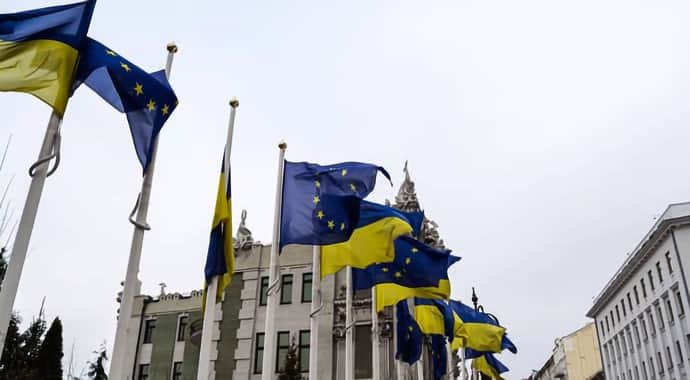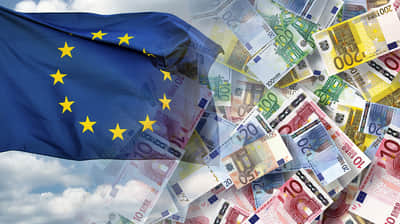European Commission sees no negative impact of Ukrainian agricultural exports on EU markets

The European Commission observes no adverse effects of Ukrainian agricultural imports on European markets.
Source: a meeting of the European Parliament's Committee on Agriculture and Development in Brussels, as reported by European Pravda, citing Ukrinform
Details: The parliamentarians discussed with the European Commission the risks to EU farmers from the increased supply of Ukrainian products.
"We are following the volumes, keeping track of the price trends, the import price at the national level and the prices at the EU level, and releasing a monitoring report every two months. So far, we don't see any major adverse effects on the EU agricultural market," said Pierre Bascou, Director for Sustainable Development and Revenue Support at the European Commission's Directorate-General for Agriculture.
The Commission is pursuing the development of "solidarity corridors" and reducing transit costs, as it wants "Ukraine to further contribute to global food security and to be able to continue exporting its products to the EU as well as beyond," the speaker said.
The MEPs noted that the "solidarity corridors" have proved to be a lifeline for the Ukrainian economy, allowing it to export over 108 million tonnes of goods and import 38 million tonnes of other products, totalling €123 billion. These volumes have increased significantly since the establishment of the Black Sea route.
A total of 3.2 million tonnes out of 4.5 million tonnes of grain and other related products exported from Ukraine in October passed through the "solidarity corridors", with about 1.3 million tonnes coming through the humanitarian Black Sea corridor.
However, MEPs say the negative impact on European farmers must be minimised. They believe that the surge in exports to the EU, crucial for Ukraine's economy, "has had some unintended consequences in some regional markets in frontline member states and has also put pressure on certain sectors in the EU."
Mazaly Aguilar, Vice President of the Agricultural Committee, said Spanish ports are overwhelmed with grain, not just from Ukraine but also from Russia at unbelievably low prices. "They cannot sustain their operations with such import pressure. Obviously, we have to show our solidarity with Ukraine, but not at the expense of our grain producers," she said, urging the Commission to take measures to prevent European grain producers from going bankrupt.
At the same time, Spain, where grain production has fallen by more than 40% this year due to unfavourable weather conditions, is in dire need of grain.
MEPs believe that the first thing that must be supported is the transit of Ukrainian grain through the EU to end markets. Moreover, some of them suggest that the World Food Fund should be more active and purchase some of the grain.
Unlike grain, imports of Ukrainian sugar to Europe are not a concern.
"Sugar prices exceed €800 per tonne, i.e. extremely high in historical terms. Therefore, the EU's sugar production this year is estimated to reach about 15.6 million tonnes, meaning that imports will be necessary," said Norbert Lins, chairman of the committee.
"We want to see Ukraine become an EU member in the future. It is a major producer," said Committee member Martin Häusling. However, he said, a long-term plan is necessary to balance the protection of European producers and assistance to Ukraine: "We cannot expect the war to end in three months; we should get used to this situation."
Background:
- In September, the European Commission stated that it would not extend the restrictions on agricultural imports from Ukraine after 15 September, although Kyiv agreed to take measures to restrict imports on its part.
- Nevertheless, Poland, Hungary and Slovakia decided to impose unilateral restrictions. Warsaw said its limitations would be in place indefinitely. Slovakia's restrictions will remain in place until the end of the year.
Support UP or become our patron!





